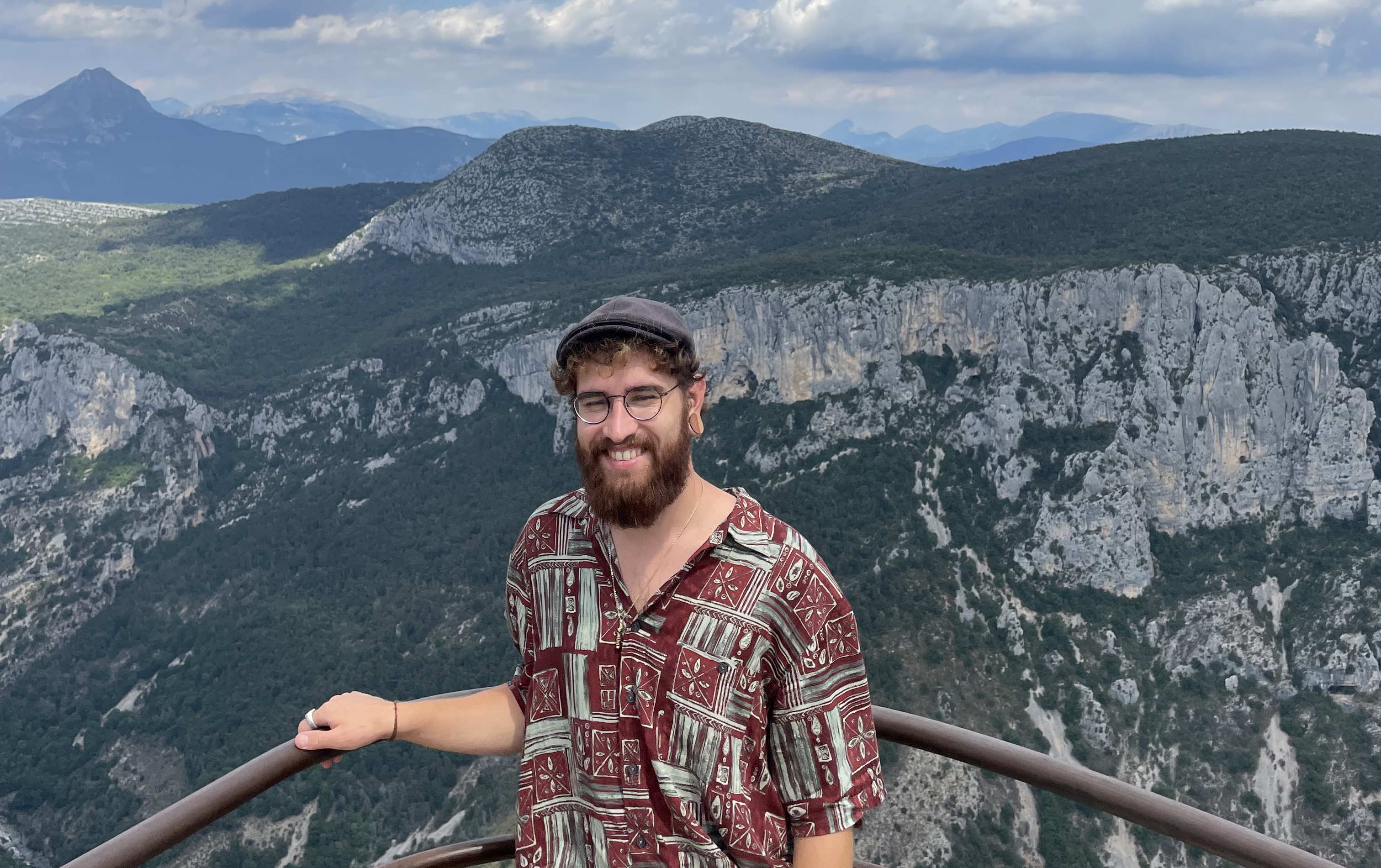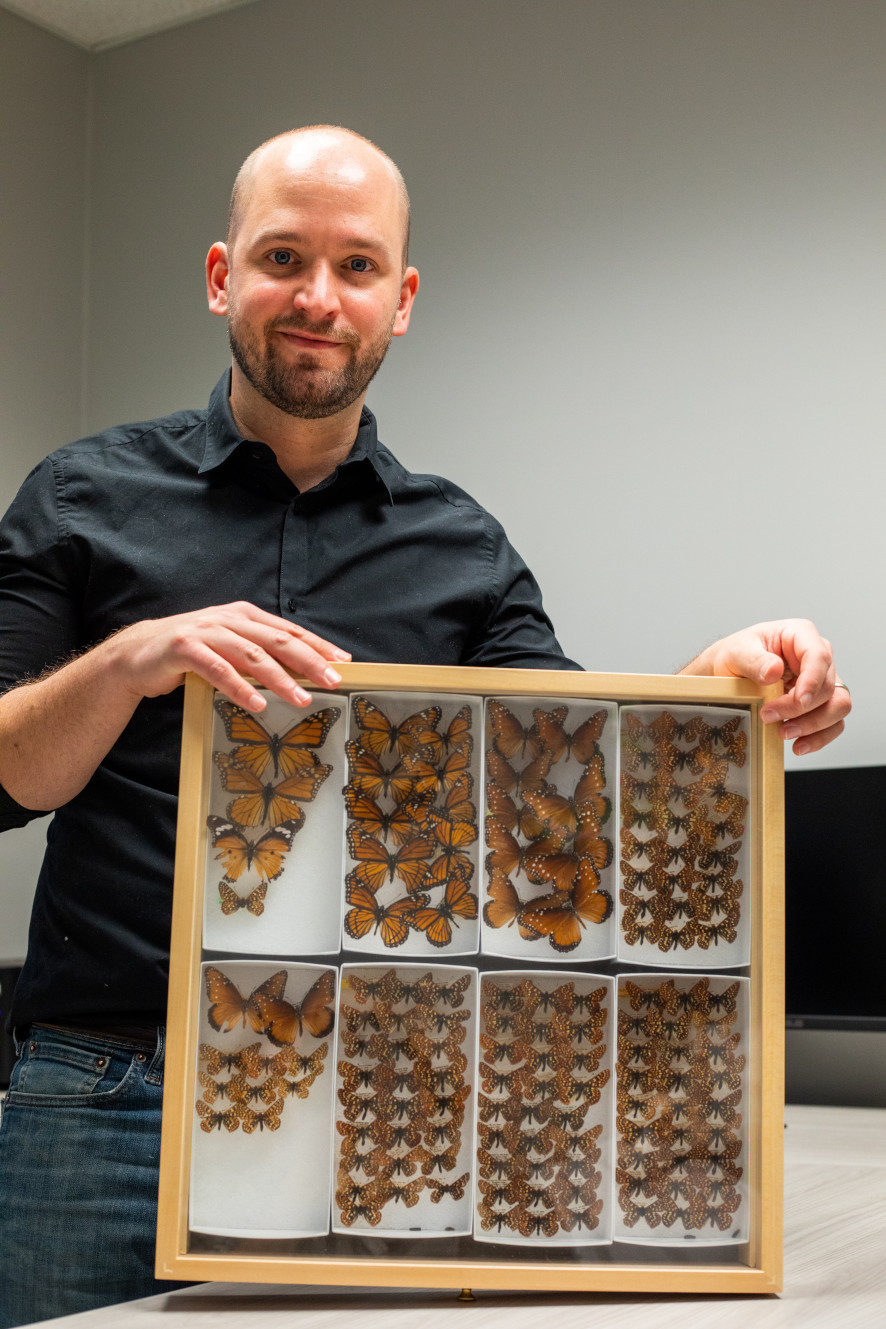The Society for Open, Reliable, Transparent Ecology and Evolutionary biology (SORTEE) has completed its second annual online conference. The conference ran continuously for 50 hours facilitating participation from people interested in issues of openness, transparency, and reliability from all around the world. This major event was organized and run by a dedicated team of volunteers.
In total we had 5 fantastic plenary presentations from speakers from four continents (all available on YouTube, with transcripts for various languages being created); 14 Workshops, ranging from ‘Testing and Adjusting for Publication Bias’ to an ‘Introduction to Pre-Registration’; 7 Hackathons, including ‘Peer Code Review’ and ‘Identifying and Mapping Open Source Datasets’; 8 Unconferences, including discussions about ‘Increasing Methodological Transparency’ and ‘New Data Editing at Journals in Ecology and Evolution’; and 17 Short Presentations across three different blocks, including talks by 4 SORTEE award winners from 2021 and 2022 (Shvani, Patrice Pottier, Korryn Bodner, Benjamin Paffhousen).
What an amazing achievement. Thank you to everyone who contributed and took part, from hosting workshops, to providing pre-recorded presentations, to translating plenary transcripts. We also want to thank the other societies and organizations such as PeerJ that provided tremendous support for the SORTEE conference this year.
Ed Ivimey-Cook, Conference Committee Chair
*****
Korryn Bodner Research Associate, MAP Centre for Urban Health Solutions, Unity Health Toronto.
 Can you tell us a bit about yourself and your research interests?
Can you tell us a bit about yourself and your research interests?
My main research focus is on the epidemiology of infectious diseases. I primarily study emerging SARS-CoV-2 Variants of Concern (VOCs) and how heterogeneities in contact patterns and vaccination strategies can affect transmission dynamics. Through this work, I have also become engaged in studying the effects of different types of biases that can undermine the results of our mathematical and statistical models. As an example, recently I have explored how unknown and underlying differences in contact and testing patterns between vaccinated and unvaccinated individuals can lead to an underestimate of the benefits of a given vaccine.
More broadly, I am also interested in developing strategies to increase reproducibility and to better connect scientific research with decision-making. This area of focus is particularly rewarding as its utility extends beyond any particular model, ecological scale, or specific research purpose.
You won an “Open Science in Practice” award at SORTEE 2022, can you tell us what you have been doing that led to this award?
Developing and implementing different strategies to increase reproducibility and replicability has always been a central component my work. Throughout the last few years, I have emphasized Open Science best practices by not only making my research materials freely accessible but also by investing in different communication strategies to make research methods, results, and coding practices more transparent. In particular, I have invested significant time in ensuring my methodology and research workflow are clearly communicated by providing broad overviews and outlined workflows, simplified worked-though examples, and detailed methodological descriptions. The communication strategies I have adopted also include components not included within research articles such as developing more detailed README files and figures that summarize the contents, dependencies, and outputs of coding scripts.
In addition to practicing Open Science, I have also been extensively involved in promoting Open Science best practices in publications and in events that I co-lead related to modelling and decision-making, which includes a Canadian Institute for Ecology and Evolution (CIEE) funded working group and corresponding research network (https://canadianefi.weebly.com/), and previous and upcoming symposia with the Canadian Society for Ecology and Evolution (CSEE) and the Ecological Society of America (ESA).
Why is open science important to you?
Open Science is not only about being “open” (i.e. making research materials freely accessible) but also about being transparent throughout the entire research process. To keep this simple: when research is easy to replicate and the research purpose, methodology and benchmarks of success are clearly defined, research is then easier to understand, evaluate and build upon – all fundamental aspects of good science.
What are your next steps?
For my own personal development, I hope to continue improving how I share my work, and how I communicate both the results of my research and my research process. I plan to improve skills in reproducibility by expanding my use of version control systems to larger projects and how to better use these systems, particularly Git, to manage a suite of research outputs such as research notes, manuscripts, and figures along with code and datasets.
As for events, I am co-organizing (with Drs. Carina Rauen Firkowski, Marie-Josée Fortin, and Sharmistha Mishra) an oral session at the ESA/CSEE summer meeting (2022) integrating forecasting into decision-making, which will be followed by a summer school funded by the Canadian Network for Modelling Infectious Diseases (CANMOD) in the following year. Open Science is a fundamental component of these events and we plan to lead by example by making all the summer school’s materials freely available.
For more information, head to the Mishra Lab website (https://mishra-lab.ca/korryn-bodner/) or on my personal website (https://korrynbodner.webnode.page/)
Patrice Pottier PhD candidate at The University of New South Wales, Sydney. (he/him)
 Can you tell us a bit about yourself and your research interests?
Can you tell us a bit about yourself and your research interests?
I investigate how global environmental change shapes the life-history, physiology, and behaviour of ectothermic animals. While my interests are broad, my research currently focuses on using meta-analyses to assess the importance and limits of phenotypic plasticity in providing resilience to rising temperatures. I am also interested in making research more open, diverse, and inclusive.
You won an “Open Science in Practice” award at SORTEE 2022, can you tell us what you have been doing that led to this award?
I received this award by openly sharing the data and code for all my latest research projects. I have also pre-registered two of my meta-analyses, which consist in outlining the experimental design and analysis plans before collecting the data.
Why is open science important to you?
We are currently facing a reproducibility crisis where many experiments and findings cannot be replicated. We are losing enormous amounts of time and money being misguided by findings that do not hold the test of time. Open Science is, I believe, one of the key ways in which we can make research more robust and reproducible. Being transparent about our research plans, hypotheses, and data outputs is the best way to avoid questionable research practices and make our research trustworthy. By making Open Science the new standard, we can change the current incentives of the academic publishing system which favours novelty and impact over quality, transparency, and reproducibility.
What are your next steps?
I will continue to advocate for open research practices throughout my career to hopefully make research more open, transparent, reproducible, and inclusive!
Silas Bossert PhD, Research Entomologist at Washington State University.
 Can you tell us a bit about yourself and your research interests?
Can you tell us a bit about yourself and your research interests?
I am an evolutionary biologist studying the phylogeny and evolutionary history of bees. I am fascinated by the parallel evolution of bees and plants over the past 125 million years and by the many ways bees live. Through the phylogenetic lens, I strive to understand the natural history of bee-plant interactions, their antiquity, and the evolution of parasitism in bees. We know of over 20,000 described species of bees and many more await to be discovered.
You won the “Open Science Promotion” award at SORTEE 2022, can you tell us what you have been doing that led to this award?
Phylogeny is integral to my research and builds the foundation for answering many fascinating questions on the evolution of life on Earth. Using phylogeny, we can estimate how old lineages of insects likely are and how fast they may have diversified into species. At the same time, reproducing phylogenetic research is often impossible. In 2013, it was estimated that over 80% of molecular phylogenetic studies are not reproducible due to the lack of data sharing and transparency (Drew et al. 2013, doi.org/10.1371/journal.pbio.1001636). Additionally, the rapidly improving sequencing technologies dramatically increase the amount of analyzed DNA, providing new challenges for transparent evolutionary research. I strive to generate reproducible research through rigorous documentation and transparency. To this end, I detail every bioinformatic processing step, every single command, including all arguments and parameters. Specifically, I strive to fulfil the FAIR (Findable, Accessible, Interoperable, Reusable) principles as completely as possible. This includes the deposition of both raw and curated data, all input and configuration files for subsequent processing, custom scripts, intermediate and final results, as well as documentation of the digital repository itself. In my opinion, the future of successful science lies in data sharing and collaboration.
What are your next steps?
With the increasing availability and accessibility of genome-scale sequence data, I feel that we are in a very exciting time for carrying out evolutionary research. It is now common practice to analyze genome-scale data from hundreds or thousands of species! My future goals aim at expanding and improving our current understanding of the Bee Tree of Life.

